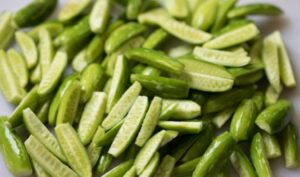5 Fruits You Should Never Offer on a Shivling – Know What to Avoid During Shiva Worship
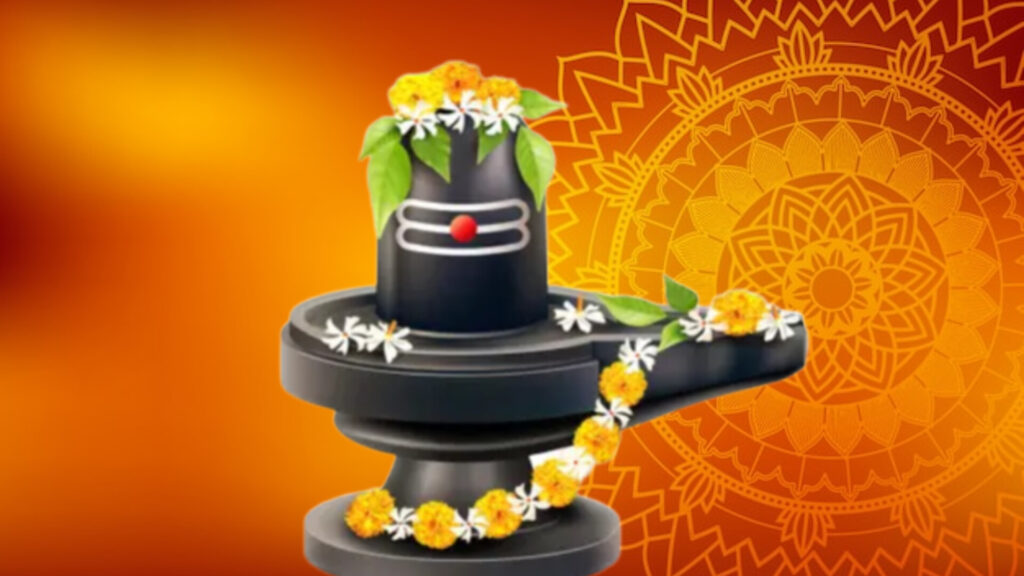
5 Fruits You Should Never Offer on a Shivling – Know What to Avoid During Shiva Worship
The sacred month of Shravan holds deep significance for devotees of Lord Shiva. It’s a time when prayers, fasts, and offerings are made with great devotion, especially on Mondays which are considered highly auspicious for Shiva. From early morning abhisheks (ritual baths) to chants of Om Namah Shivaya, temples and homes echo with spiritual energy.
Worshippers often prepare a variety of offerings—flowers, fruits, and holy water—to please Bholenath, who is known for being easily appeased. In fact, scriptures suggest that even a heartfelt offering of plain water can earn His blessings. But while Lord Shiva is not particular about lavish offerings, some items are strictly prohibited in His worship—especially certain fruits.
1. Coconut
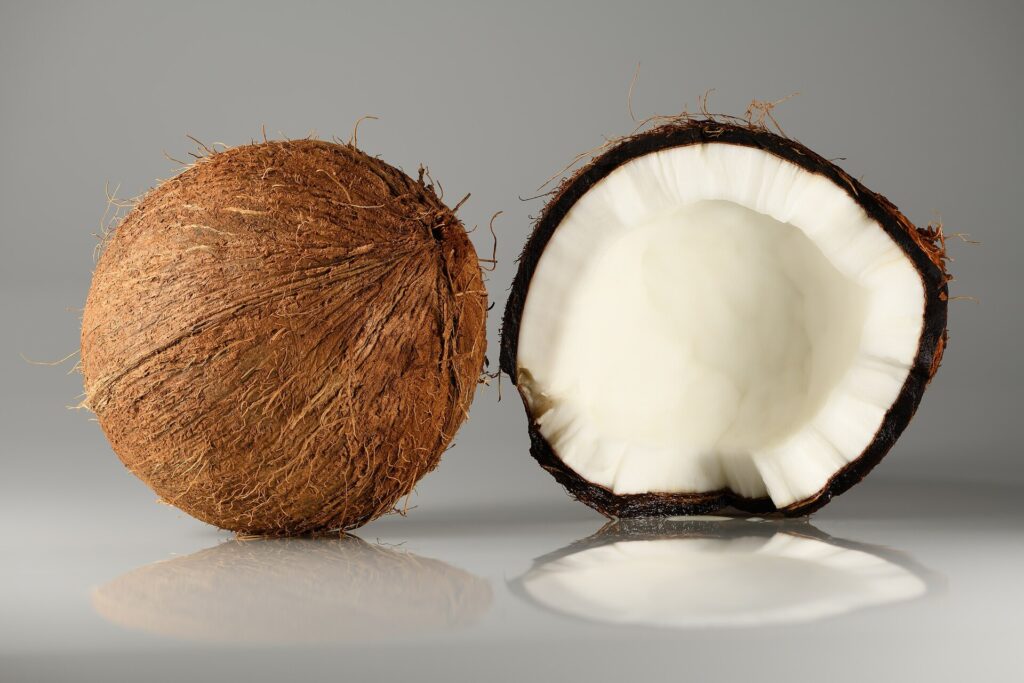
Coconut is commonly associated with religious offerings, but not when it comes to Lord Shiva. It is believed that the coconut originated during the cosmic churning of the ocean (Samudra Manthan) and symbolizes Goddess Lakshmi, the deity of wealth and consort of Lord Vishnu. Offering it to Shiva is seen as presenting Vishnu’s consort to Him, which is considered ritually inappropriate.
2. Banana
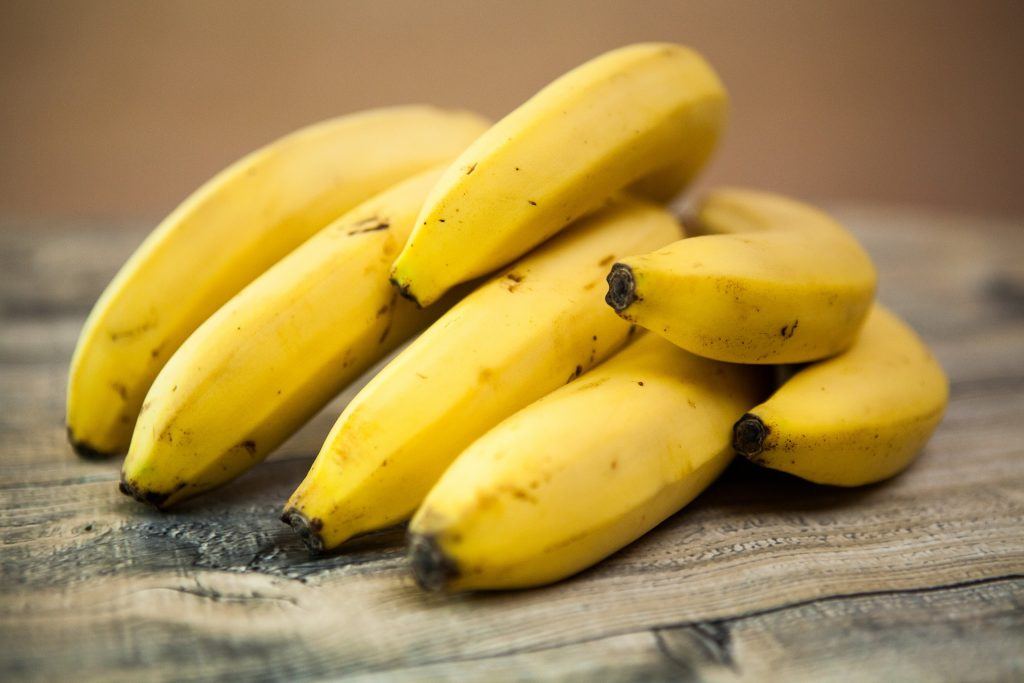
According to ancient texts, the banana tree came into existence due to a curse linked to Lord Shiva’s wrathful form. As a result, bananas are not considered suitable as an offering to Him. While bananas may be offered to other deities, they are avoided in Shiva worship.
3. Pomegranate
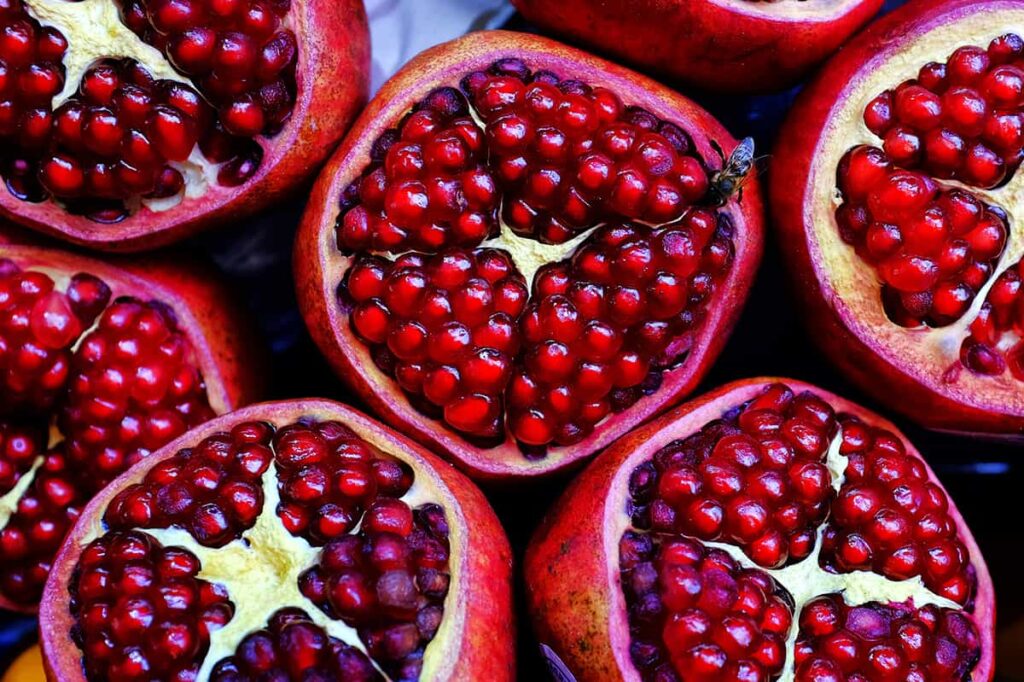
Though a nutritious and spiritually significant fruit, a whole pomegranate is not to be placed on a Shivling. However, there is an exception: offering pomegranate juice with devotion during abhishek is permissible and often considered auspicious.
4. Jamun (Indian Blackberry)
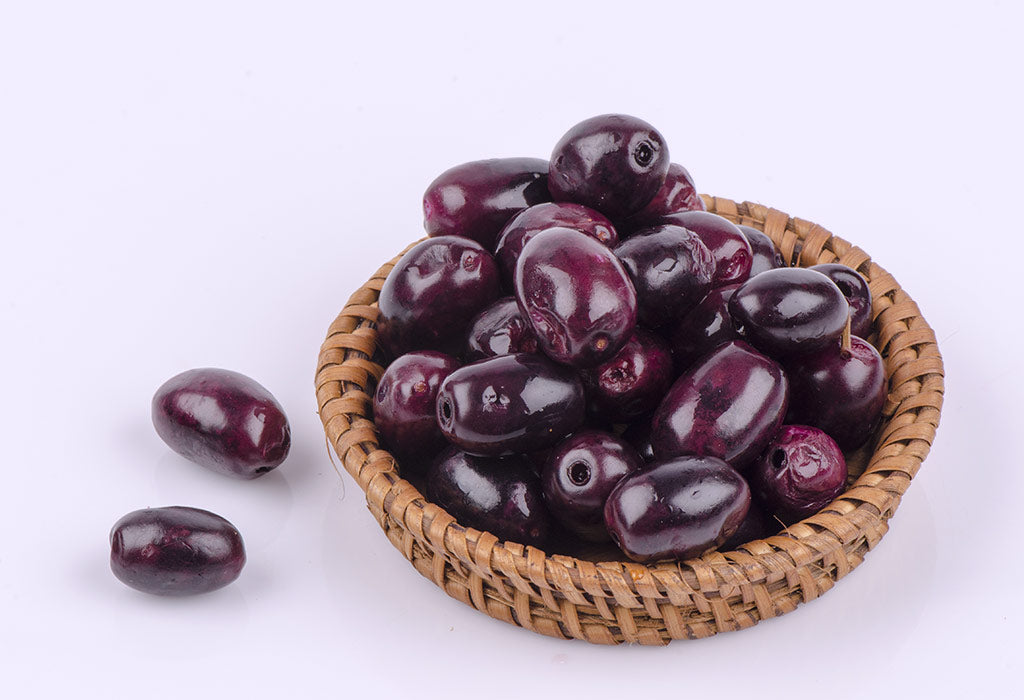
Despite its medicinal properties, Jamun is not considered spiritually pure enough for Shiva’s worship. Therefore, it is neither placed on the Shivling nor offered as prasad during rituals. Its use is generally discouraged in any sacred offering to Lord Shiva.
Other Items to Steer Clear Of
Aside from the fruits above, devotees should also avoid using:
Tulsi (holy basil) leaves – While sacred to Lord Vishnu, Tulsi is not offered to Shiva.
Kevda (screw pine) flower – As per the Shiv Purana, this flower was cursed by Lord Shiva for siding with Lord Brahma in a false claim.
Kumkum, Sindoor, and Women’s Adornments – These symbolize worldly attachments and are more suited to deities representing prosperity and beauty. Shiva, being the embodiment of asceticism, should not be offered items related to feminine decoration or sensuality.
Disclaimer: This article is based on religious texts, traditional beliefs, and cultural interpretations. It is intended to share spiritual knowledge and is not a scientific claim. The views expressed here are for informational purposes only, and individual practices may vary. Please consult your local priest or spiritual guide for personalized guidance.












